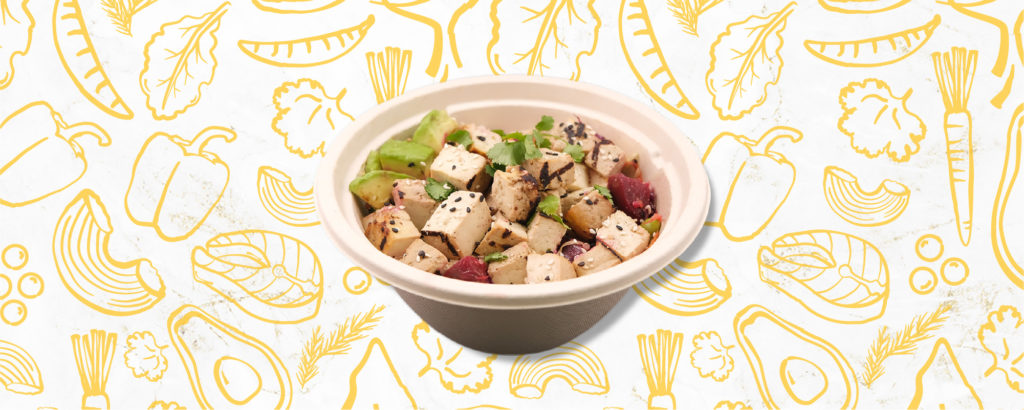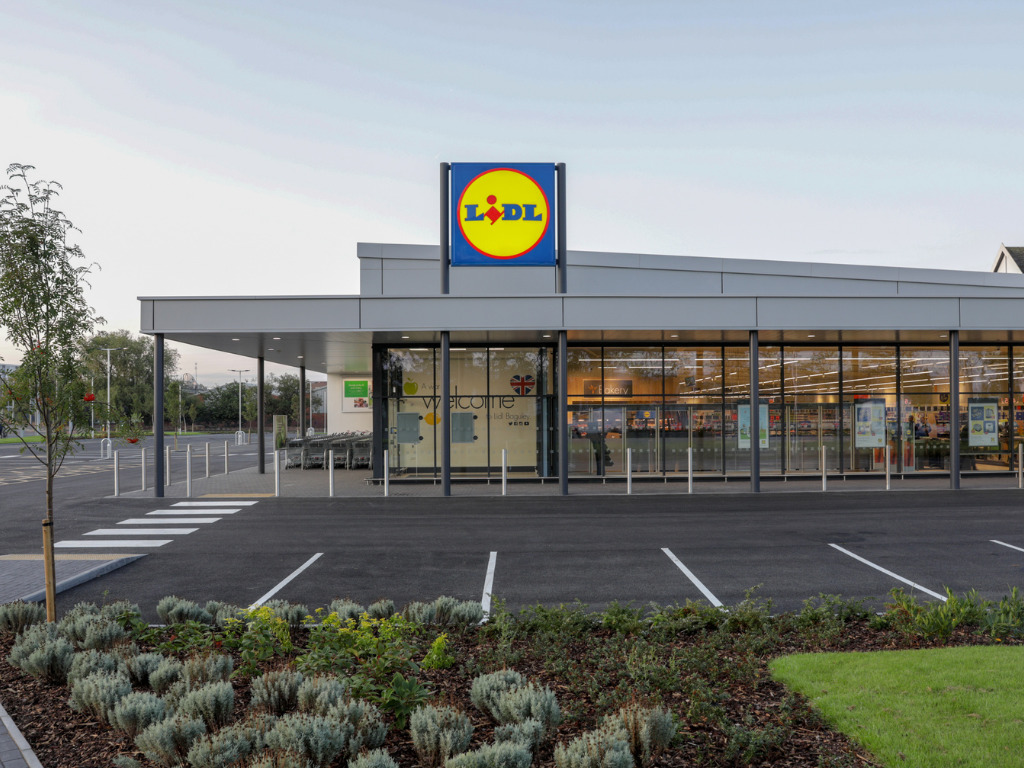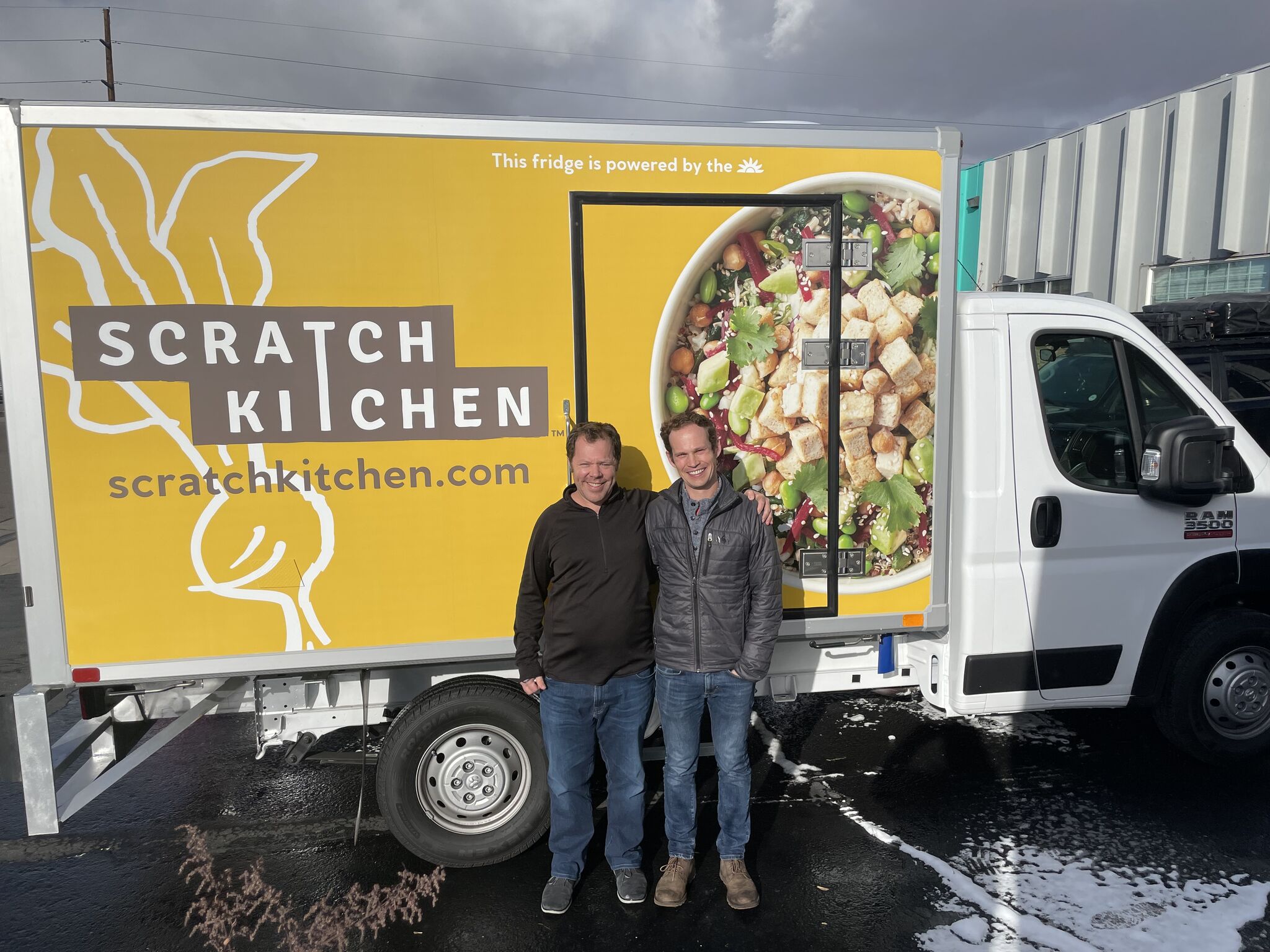3 Mins Read
Regenerative meal delivery? This is what Colorado’s Scratch Kitchen is aiming for. The young company claims it has achieved carbon neutrality on all orders. On top of sourcing local, working with organic farmers and managing 75% compostable packaging, the on-demand food delivery platform is working with Californian social enterprise TerraPass to offset all carbon emissions from its operations. The move comes as Scratch Kitchen has identified a consumer shift towards transparent and sustainable companies.
The restaurant chain claims to be the first to address its emissions in this way. Every food order cooked, delivered or collected as a take-out option will be entirely offset. Scratch Kitchen has put environmental protocols in place following what it describes as a slow uptake from the restaurant industry. It now describes itself as having “clean label” locations.

Change from within
Scratch Kitchen owns and operates on-demand restaurants that cater to various cuisines and dietary needs. It supports local supply chains, prioritises organic produce and is committed to extending sustainable initiatives into every operational facet. Packaging is included, with the company confirming that more than 75 percent of theirs is compostable. Combined with newly implemented carbon neutrality, the entire business model is described as “regenerative” by the company, a term usually reserved for agricultural practices, and one that is rapidly gaining ground amongst a passionate generation of conscious eaters.
“This is a paradigmatic shift I’ve been working on since 2003,” Michael Joseph, co-founder and CEO of Scratch Kitchen told Green Queen. “Investing in regenerative agriculture is a subset of my greater theory of what a “regenerative company” can be. Coming from the background of the entire industrial economy to date, which has externalized costs onto society and the world. What we’re going for is using a company that effectively gives back more than it takes (environmentally and socially).”
Supporting local has been included as a company priority. At present, 62 restaurant items are sourced nearby. This has allowed for effective food management, with waste being monitored. Jospeh believes that by using native ingredients, restaurant food can be produced to be as healthy and high-quality, if not more so, than home-cooked meals. The practice can have a tangible impact on food waste too.
“We use constantly evolving data modeling and matching with our operating software to efficiently run our business,” Joseph said. “We measure about 2% food waste from our operations at the moment. Comparatively in the US Grocery industry there is 10% waste at the retail level, and 21% in household waste.”
Results not performance
Carbon offsetting as an activity has come under fire. Greenpeace, amongst others, have cited concern that the practice allows businesses to carry on as usual, while claiming improved environmental credentials. The crux of the matter, according to critics, is no commitment to reducing emissions, but simply writing them off. Joseph disagrees, saying, “I would say that, sadly, it’s not business as usual to pay for or balance out non-regulated externalities. So in the world of voluntary carbon offsets, paying credible vendors allows all sorts of companies to balance out all of their otherwise unbalanced carbon emissions. This is something that I want to see become business as usual.”

Commitments worldwide
Carbon neutrality in the food industry is gaining traction. Last year, Germany’s Lidl announced significant operational changes designed to garner the milestone by the end of 2022. Increased electric car charging bays and rooftop solar panels are two contributing initiatives.
Norwegian online grocer Oda is helping consumers to understand the carbon impact of their shopping choices. The company has started printing carbon footprint information on its receipts and has reported a drop in carbon-heavy orders. Red meat has suffered a notable reduction in popularity.
Lead image courtesy




